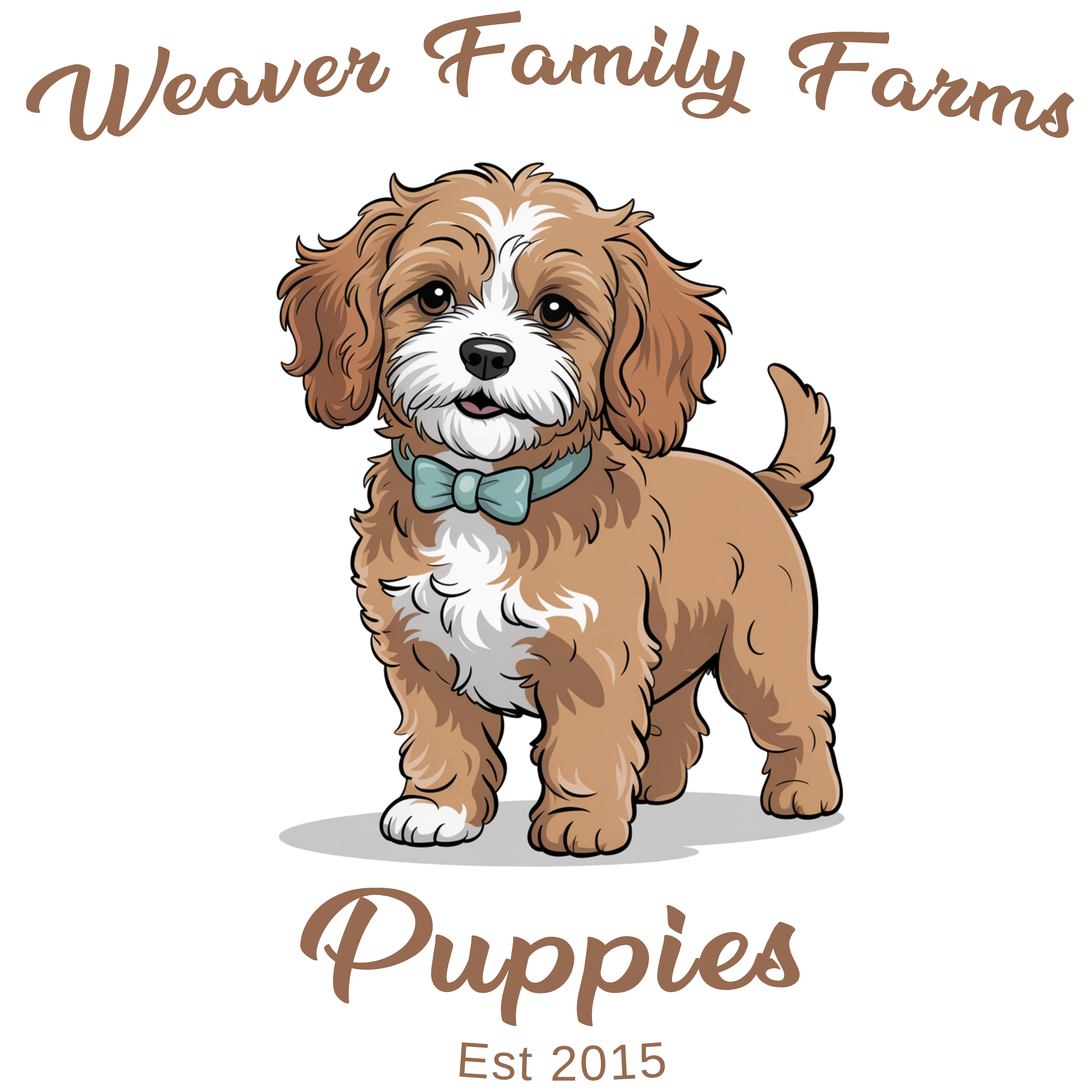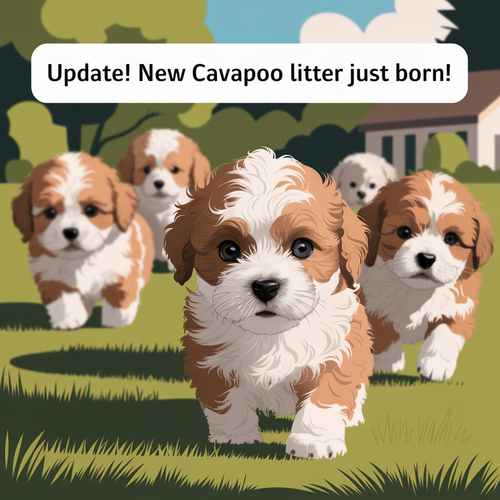As a dog parent and a proud member of the Weaver Family Farms Puppies family, I understand the importance of keeping our furry family members safe and healthy. On World Rabies Day, it's crucial to highlight the significance of vaccinating pets against rabies, a deadly disease that poses a threat not just to animals but also to humans.
The Threat of Rabies
Rabies is a viral disease that affects the nervous system of mammals, including dogs and humans. It's usually transmitted through the bite of an infected animal. The disease is almost always fatal once symptoms appear, but it's preventable through vaccination.

Vaccination: A Key Preventive Measure
At Weaver Family Farms Puppies, we emphasize the importance of regular vaccinations for all pets. Rabies vaccinations are not only a critical step in protecting your pets but also a legal requirement in many areas. Vaccinating your pets against rabies is an effective way to prevent the spread of this deadly virus.
Our Commitment to Pet Health
On our farm, we raise Cavapoos, Cockapoos, miniature Poodles, and Maltipoos with the utmost care and attention to their health and well-being. We ensure that all our puppies receive appropriate vaccinations, including rabies, to provide them with a healthy start in life. Our commitment to pet health extends beyond our farm, as we encourage all pet owners to stay up-to-date with their pets' vaccinations.
Protecting Our Pets and Communities
World Rabies Day serves as a reminder of the responsibility we have as pet owners to vaccinate our pets against rabies. It's a simple yet vital step in protecting not only our beloved animals but also our families and communities. Let's all do our part in the fight against rabies by ensuring our pets are vaccinated and healthy.
For more information on pet care and to see our adorable puppies, visit Weaver Family Farms Puppies. Let's work together to keep our furry friends safe and healthy! 🐶💉🌍
As a pet owner and an advocate for animal health, I often encounter questions about rabies, especially on World Rabies Day. Here are some common queries about this disease, along with comprehensive answers to help fellow pet owners understand the importance of rabies vaccination.
What is rabies, and how is it transmitted? Rabies is a viral disease that primarily affects the nervous system of mammals, including both pets and humans. It's typically transmitted through the saliva of an infected animal, most commonly through a bite. The virus travels from the site of the bite to the brain, causing severe neurological symptoms. Once symptoms appear, rabies is almost always fatal. Understanding the transmission method is crucial for prevention, especially in areas where wildlife rabies cases are common.
Why is it important to vaccinate pets against rabies? Vaccinating pets against rabies is vital for several reasons. Firstly, it's the most effective way to prevent the disease in animals and, by extension, in humans. Rabies vaccinations in pets form a barrier that helps stop the spread of the virus from wildlife to humans. Secondly, in many places, rabies vaccinations for pets are legally required due to the public health risk posed by the disease. At Weaver Family Farms Puppies, we ensure all our puppies, including Cavapoos and Cockapoos, are vaccinated as part of our commitment to their health and the safety of our community.
Can rabies be treated or cured? Once clinical symptoms of rabies appear, there is no effective treatment or cure for the disease, and it is almost invariably fatal. This stark reality underscores the importance of prevention through vaccination. If an animal is suspected of having rabies, it must be quarantined and observed, and if a person is bitten by a potentially rabid animal, immediate medical attention is necessary. Post-exposure prophylaxis (PEP) can prevent the virus from progressing if administered promptly after exposure.
How often should pets be vaccinated for rabies? The frequency of rabies vaccinations can vary depending on local regulations and the type of vaccine used. Generally, puppies receive their first rabies vaccination between 12 and 16 weeks of age, with a booster shot a year later. After that, rabies vaccines are typically administered every one to three years. It's essential to consult with a veterinarian to determine the appropriate vaccination schedule for your pet.
Are there any side effects of the rabies vaccine in pets? Like any vaccine, the rabies vaccine can have side effects, but they are usually mild and short-lived. Some pets may experience soreness at the injection site, mild fever, lethargy, or decreased appetite. Severe reactions are rare but can occur. It's important to monitor your pet after vaccination and consult your veterinarian if you notice any concerning symptoms.
A Responsible Approach to Pet Health
As pet owners, it's our responsibility to protect our pets, families, and communities from the threat of rabies. Vaccinating our pets is a crucial step in this endeavor. On World Rabies Day, let's spread awareness about this deadly disease and the importance of prevention through vaccination. By staying informed and proactive, we can ensure the health and safety of our beloved pets and those around us.








